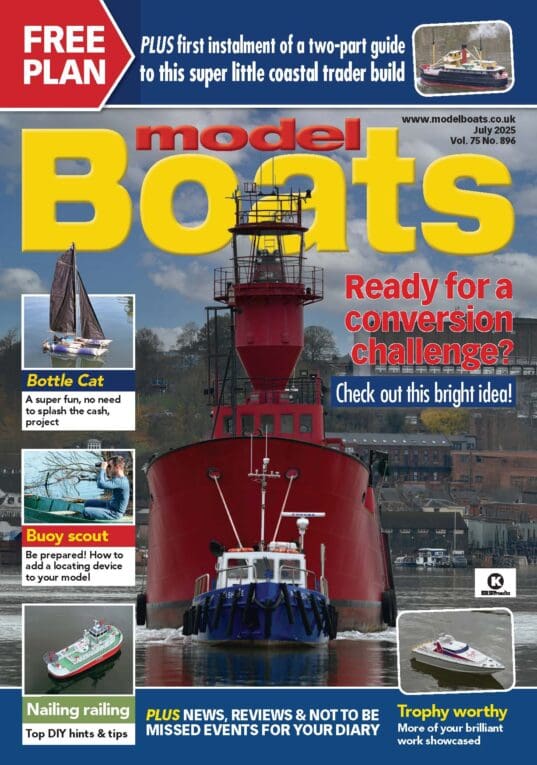One problem with common-or-garden mains adapters is an issue called regulation. In short, (no pun intended), this means that they are designed to give their rated voltage when supplying the rated current. At less load current the output voltage is higher than rated voltage. I think this can explain why a ‘7.5V’ adapter was able to shove current into a 9.6V battery.
By far the safest way to charge any NiCd or NiMH battery is to trickle charge for 14 hours, from ‘fully’ discharged. By fully discharged I do NOT mean flat! I mean run down to 1.0 volts per cell (or 83% of rated voltage). Any lower and you risk damaging the pack. (Not all cells are equal, in deep discharge any cells with more charge may force current the wrong way into weaker cells and cause them to reverse polarity => dead pack).
You can make a trickle charger easily from a mains adapter which has a higher voltage than your battery pack. You need to charge at a current which is 10% of the Ah rating of the pack, (to give a 10 hour charge rate – charge over 14 hours, the extra 40% makes up for less than 100% charging efficiency).
To control the current you need a resistor. Measure the off-load voltage of your adapter (as noted above, don’t rely on what’s printed on it since most likely you won’t be using it’s full rated current). Then subtract the battery voltage from the adapter voltage to find how many volts to lose across the resistor.
To calculate the resistor value, divide the resistor voltage by the charging current in Amps (10% of the Ah rating). To check that the resistor power capacity is sufficient, the resistor power must be more than the resistor voltage x charging current.
For example: I want to charge a 9.6V 800mAh pack from a 12V adapter, which measures 13.2V off load. The charging current is 10% of 800mA which is 80mA or 0.08A. The resistor must drop (13.2 – 9.6) 3.6V. Dividing volts by amps gives a resistance of ( 3.6 / 0.08) 45 ohms. Resistor power is (3.6 x 0.08) 0.288W. The nearest standard resistor value to 45 ohms is 47 ohms. A standard 1/4W (0.250W) resistor will get too hot at 0.288W so I need a 1/2W 47 ohm resistor. QED.




